From the aesthetically pleasing, to the historical, to the mundane, to the downright ridiculous, many of us are obsessed with picture taking. Why do I have 10,000 photos of the same sunrise? Do I really need to share what I had for breakfast with the whole world?
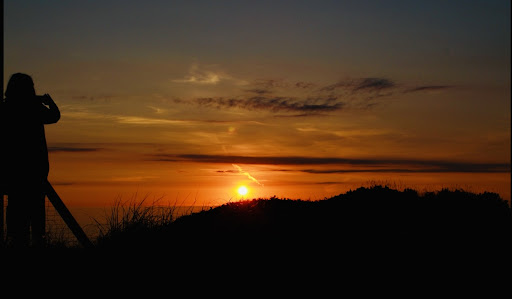
And is anyone’s life enriched by seeing a picture of me making a face like a duck?

Why do we take pictures? I take pictures to capture a moment in time. When I look at a photograph, I remember how I felt, the people that were there, and times that have gone by. My kids used to get mad at me for taking so many pictures of them when they were younger; now that they are adults with lives of their own, I am so glad I did. These days I often ask myself, “What’s next?” In one of my favorite picture books, Miss Rumphius wanted to travel to faraway places, live by the sea when she was old, and do something to make the world a more beautiful place. To all of these I’d like to add, make the world a better place. Can I use my camera to do that?
Examples of people doing extraordinary things with their cameras are all around us. At the beginning of the pandemic, many New England photographers took part in The Front Steps Project , bolstering people’s spirits and raising money for the local community. In The Groundbreaking, An American City and Its Search for Justice, author Scott Ellsworth found it hard to find photographs of the Tulsa Race Massacre. The pictures that survived provided evidence and helped unearth the truth about an important event that many people tried to keep buried for decades. Pete Sousa’s career spans decades, documenting history as an official White House Photographer and Joel Sartore uses his camera to call attention to animals that are becoming extinct. These are just a few inspiring examples, I’m sure there are many more.
I have an old DSLR camera, a Nikon D60 that was a gift, and have always wanted to learn how to use it properly, so I went searching and found there are lots of resources available through the library. You can sign up for a Photography 101 session with the amazingly-talented photographer Eric Lothrop. It’s well worth your time! He will show you how to use the manual controls on your camera. Thanks to Eric, I learned so many helpful things to incorporate on future outings. You can use a Binge Pass on Hoopla to check out the Fundamentals of Photography Great Courses video series, where photographers will teach you things like how f-stops work and how to solve problems that arise while you’re trying to get that perfect shot.
For more books about photography, including instruction, biographies of famous photographers and novels that feature photographers as main characters, check out some of the resources that are available in our catalog below.
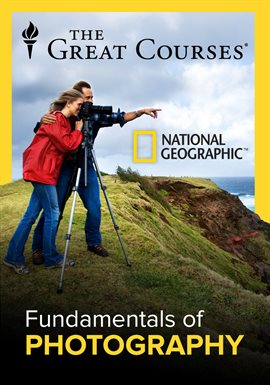
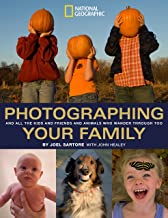
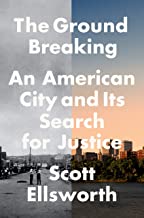
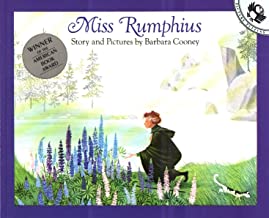
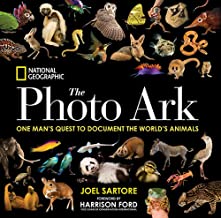
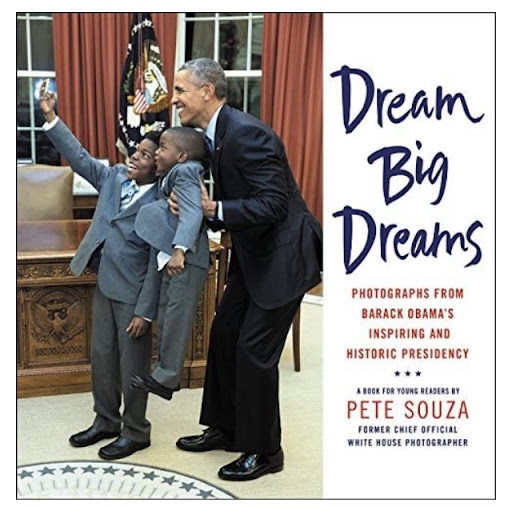
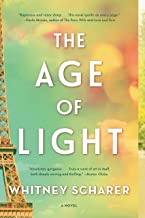
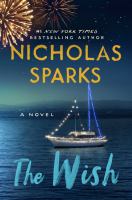

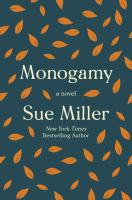
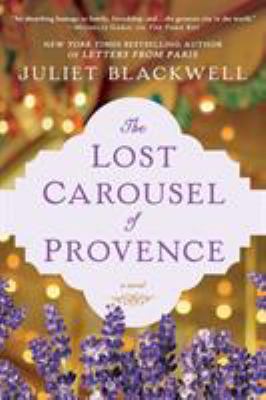
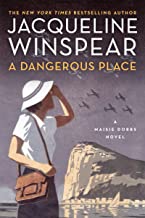
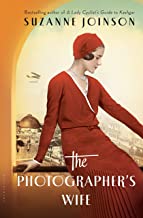
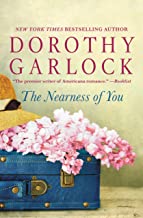
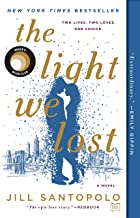
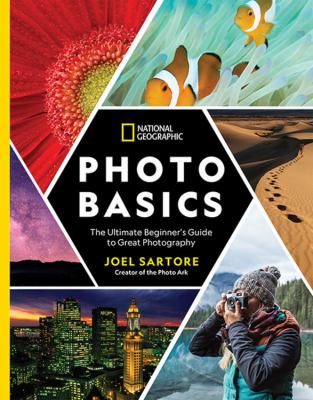
National Geographic Photo Basics
by Joel Sartore with Heather Perry 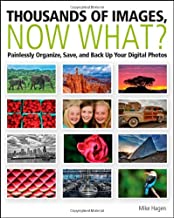
Thousands of Images, Now What?
by Mike Hagen 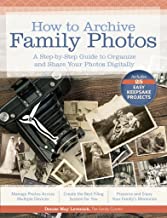
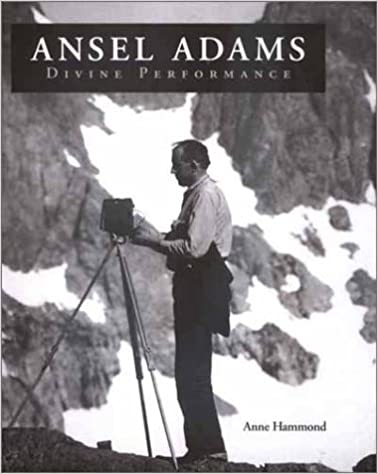
Ansel Adams : Divine Performance
by Anne Hammond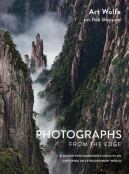
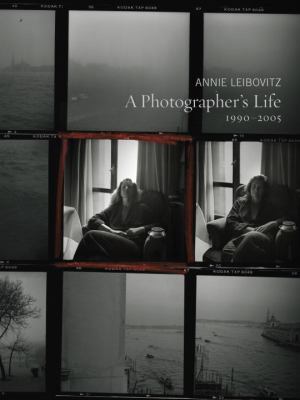
A Photographer's Life, 1990-2005
by Annie Leibovitz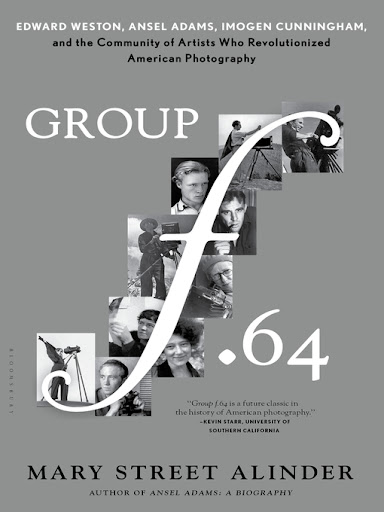
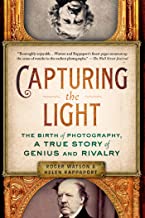

Rare : Creatures of the Photo Ark
Directed by Chun Wei-Yi